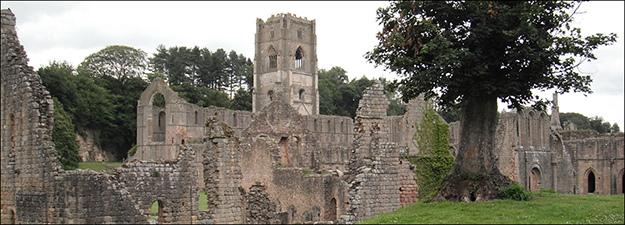
Medieval Institute Affiliated Faculty & Staff Publications
Document Type
Article
Publication Date
April 2004
Abstract
Like few other topics in the academic study of medieval literature, the search for the possible parallels between philosophical and literary texts reveals the not always peaceful coexistence among the three basic approaches to the study of medieval literature and culture: While hard-core medieval philologists would not accept any claims for a “literary nominalism” unless direct textual dependence can be demonstrated, scholars in medieval studies and the comparative study of medieval literature have shown themselves more accepting of investigations which diagnose a certain nominalistic Zeitgeist, mentality, or milieu especially in late medieval culture; and scholars preferring presentist/postmodern approaches have wholeheartedly embraced the opportunity to project their own mindsets into premodern matter. Within these three general methodological paradigms of scholarship, the following four areas of concentration can be established: a) epistemology (specifically the ontological status of universals and particulars and the consequences for human cognition); b) the problem of language (specifically its contingency); c) poetic structure (specifically its inconclusiveness or indeterminacy); d) the relationship between the human and the divine (specifically literary parallels with God’s absolute and ordinate power). Although I cannot claim to have achieved anything approaching a comprehensive list of titles, I have little doubt that this compilation offers the largest bibliographic selection on the topic to date. Thus, it does not offer a grand (bibliographic) narrative, but rather one investigating subject’s perspective on this fascinatingly interdisciplinary subject of investigation. The bibliography has four sections: The first one, “Nominalism, Realism, and Related Philosophical Approaches to Medieval Literature,” presents a solid number of titles, especially from Chaucer studies, which appears to be the major field in which nominalist readings of medieval literature have been negotiated; the second one, “Nominalism and Medieval Culture (excluding literature),” embeds literary nominalism within the larger framework of philosophical and theological nominalism in the middle ages; the third section, “Nominalism, Literature, and Literary Theory (excluding Medieval Literature),” extends the scope of the bibliography to nominalist readings of postmedieval texts and systems of thought; finally, the fourth section, “Nominalism & Realism: Miscellaneous Studies,” provides examples displaying the polyphony of semantic shadings of nominalism in theology and religion, philosophy, science, linguistics, logic, multiculturalism, legal studies, and semiotics from Plato through the present.
WMU ScholarWorks Citation
Utz, Richard and Barakat, Terry, "Medieval Nominalism and the Literary Questions: Selected Studies" (2004). Medieval Institute Affiliated Faculty & Staff Publications. 1.
https://scholarworks.wmich.edu/medieval_pubs/1
Included in
Comparative Literature Commons, English Language and Literature Commons, German Language and Literature Commons, Intellectual History Commons, Medieval Studies Commons

